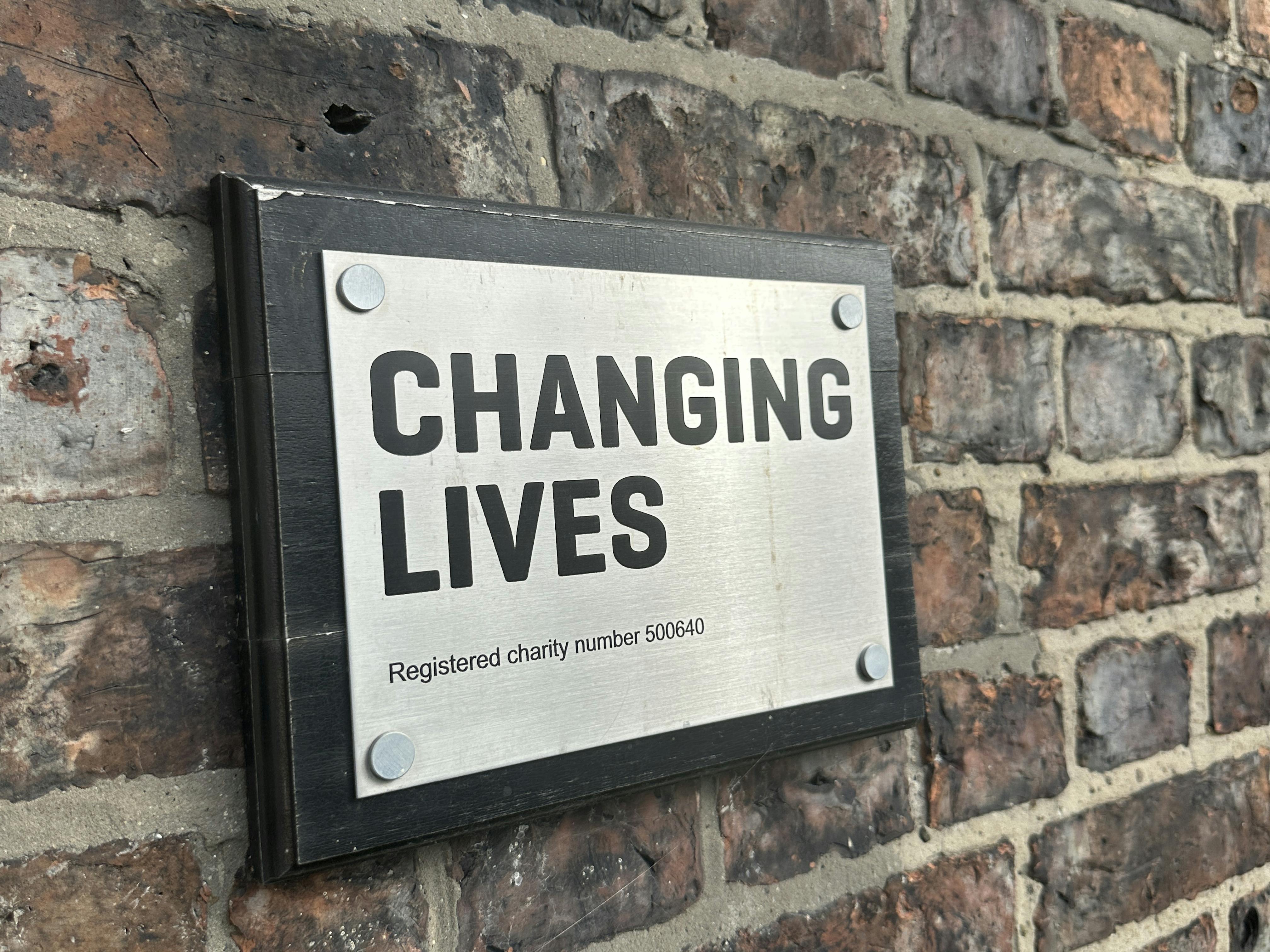Everyone deserves a suitable and safe place to call home, including survivors of sexual exploitation. A briefing from the Adult Sexual Exploitation (ASE) Partnership one year ago revealed that women facing ASE are at a higher risk of hidden homelessness and often enter ‘sex for rent’ arrangements, where housing/accommodation is provided for free or at a discount in exchange for sexual services. These arrangements can be highly exploitative for women with multiple unmet needs.
It is important to establish that not all sex-for-rent arrangements are exploitative in circumstances where consent has been granted and that it has been the preferred method of exchange. Consensual sex work is not a form of sexual exploitation and the two should not be conflated with one another.
In this briefing, we proposed the introduction of a unified landlord register across England to monitor and prevent exploitative practices. This was already existent across Scotland, Northern Ireland, and Wales. These existing landlord registers increased accountability, promoted safer housing choices, and allowed for greater transparency between tenants and landlords, ultimately increasing the protections for survivors of adult sexual exploitation. While several local authority areas across England also introduced registers, for example, for local selective licensing schemes, these were not national. This meant that exploitative landlords would simply move to a new area when registers were introduced, displacing the exploitative practices rather than preventing it. We were therefore very pleased to see the Renters Rights Act include the introduction of a mandatory Private Rented Sector (PRS) Database and Landlord Ombudsman across the UK, which is set to be introduced in late 2026.
While the landlord database and the Act’s overarching provisions will not be a direct tool for tackling ASE, it can play a critical supporting role indirectly, similarly to what we have seen in other areas with national registers.
Implementing the Database and Ombudsman should help build a more transparent, consolidated system for tracking landlord and property information. This would strengthen accountability and safety compliance across England to better protect renters. The Ombudsman will also serve as a tool for renters to report any concerns about their landlords, including exploitative practices, the Act’s provisions outside of the Database address structural inequalities which will help survivors escape cycles of abuse, focusing on unmet needs like poverty and homelessness.
While the introduction of this Act is a welcome step forward in the protection of victim/survivors, more needs to be done to prevent exploitation by landlords. The Act aims to introduce tools, guidance and training for landlords but focusses primarily on how to handle and avoid complaints from tenants. We recommend that this training is expanded and made mandatory, in line with other existing local and national landlord registers such as Rent Smart Wales which includes free CPD-accredited modules on domestic abuse before registration onto their database. This would foster not only legal compliance but also increased knowledge of exploitation and abuse.
As we welcome this Act, it is also just at the start of the implementation roadmap and it will be late 2026 before the database is fully rolled out, so we will continue to monitor the Renters’ Rights Act to ensure that the unified landlord register is fit for purpose and that we continue to push for the rights of women facing ASE at every stage.





